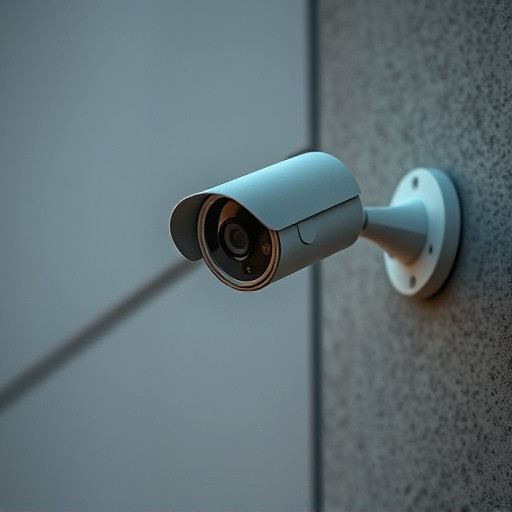Hidden security cameras, from wireless models to body-worn devices, offer enhanced surveillance but raise privacy concerns. As their popularity grows, society must address the balance between public safety and individual privacy through responsible use regulations, emphasizing data protection and respect for personal freedoms.
Uncover the world of secret surveillance, where discretion meets technology. This article explores the enigmatic realm of hidden security cameras, their diverse types, and the ethical dilemmas they present. From miniature devices to advanced wireless setups, these cameras operate under the radar, raising questions about privacy and safety. We delve into the legal considerations surrounding their use, offering insights for both consumers and professionals seeking secure environments without compromising personal freedoms.
Understanding Hidden Security Cameras: The Basics and Types
Hidden security cameras, also known as spy or surveillance cameras, are a crucial component in modern home and business security systems. These devices are designed to operate discreetly, often blending into their surroundings, making it possible to capture footage of potential threats or suspicious activities without alerting individuals being monitored. Understanding the basics and different types of hidden security cameras is essential for anyone considering enhancing their safety measures.
There are various types available, each with unique features and applications. Some common varieties include wireless cameras, which offer flexibility in installation; covert cameras disguised as everyday objects like smoke detectors or electrical outlets; and body-worn cameras for personal protection and evidence collection. Advanced models may feature infrared technology for low-light visibility, motion sensors to activate recording, and cloud storage options for remote access to footage.
Ethical and Legal Considerations: Privacy vs. Safety in the Age of Hidden Cameras
In an era where technology offers unprecedented advantages, the proliferation of hidden security cameras raises intricate ethical and legal dilemmas. On one hand, these concealed devices provide enhanced safety measures, enabling better surveillance and deterrence of potential crimes. They can serve as powerful tools for maintaining public order, especially in areas prone to theft or vandalism. However, the very nature of being unseen fosters a sense of invasion of privacy, prompting significant concerns among citizens.
The debate revolves around balancing public safety and individual freedom. While hidden security cameras might aid law enforcement and protect vulnerable spaces, they also risk monitoring innocent activities and personal spaces without consent. This delicate equilibrium requires strict regulations to ensure their responsible use, safeguard data protection, and respect for privacy rights. With the rise of advanced hidden security cameras, society must navigate this complex landscape to uphold justice while preserving the fundamental right to privacy.
